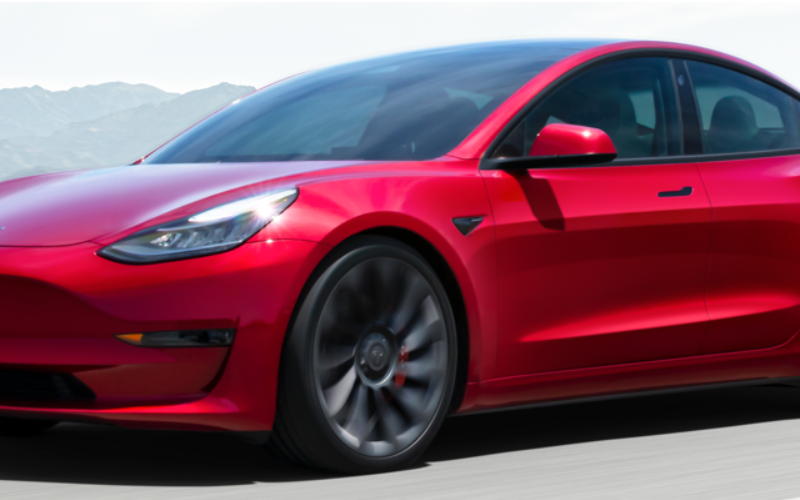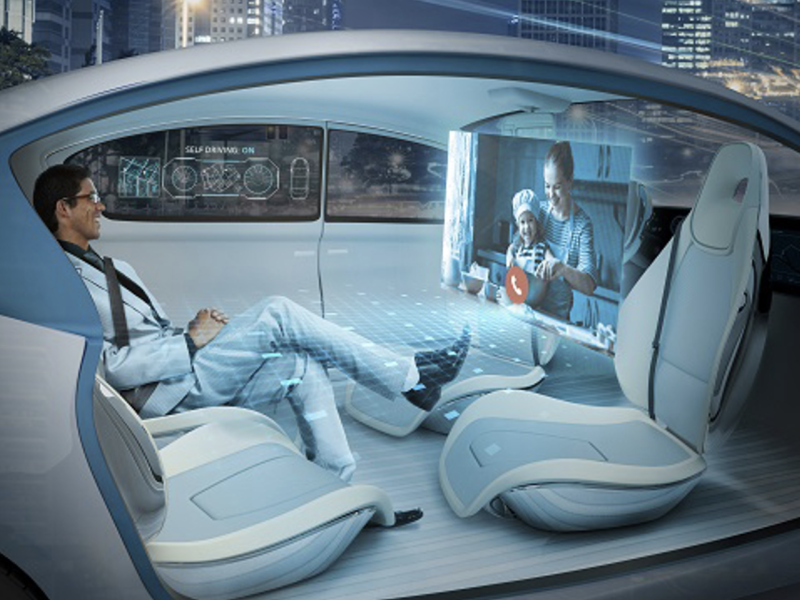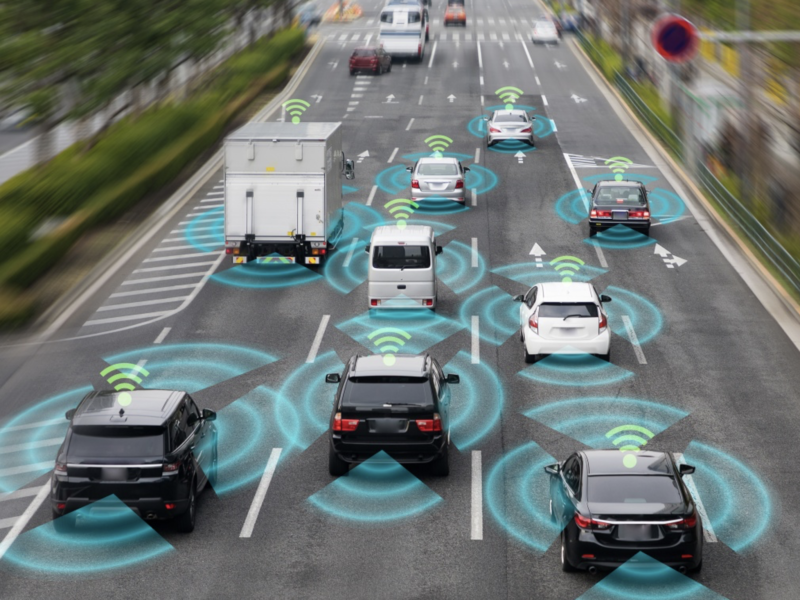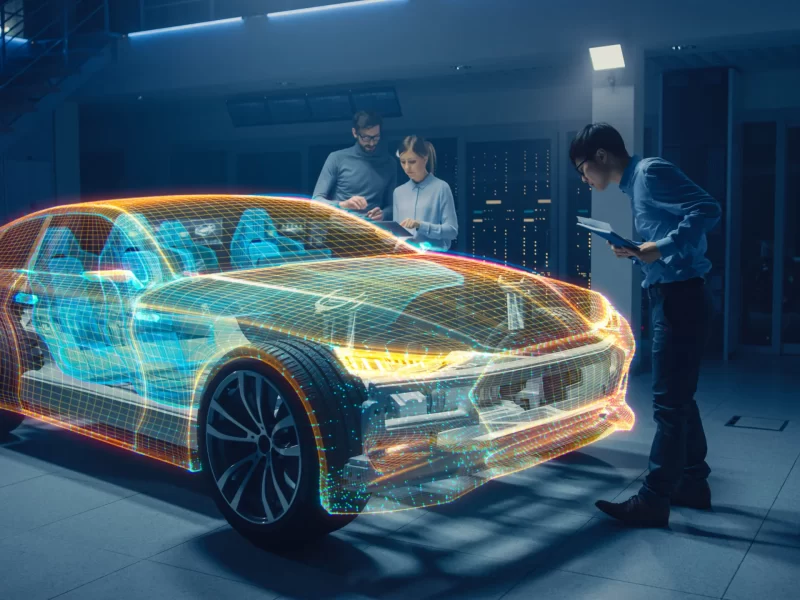Introduction
The automotive industry in Germany is currently undergoing a significant period of disruption. This disruption is being driven by a number of factors, including technological innovations, changing consumer preferences, and regulatory pressures.
Disruption in Automotive
- One major factor driving the disruption in the German automotive industry is the rapid adoption of electric vehicles (EVs). Germany has long been a leader in the global automotive industry. Its major car manufacturers, such as Volkswagen, BMW, and Mercedes-Benz, and Porsche, have traditionally focused on internal combustion engines. However, in recent years, there has been a shift towards EVs. Many governments around the world are setting ambitious targets for EV adoption in an effort to reduce greenhouse gas emissions. This shift has put pressure on German car manufacturers to accelerate their EV development and production plans.
- Another factor contributing to the disruption in the German automotive industry is changing consumer preferences. Consumers are increasingly looking for more sustainable and efficient vehicles. They are also more interested in shared mobility options, such as ride-hailing and car-sharing services. This shift in consumer preferences is leading to a decline in traditional car ownership models. The demand for alternative modes of transportation is consequently rising.
- In addition to technological innovations and changing consumer preferences, the German automotive industry is also facing regulatory pressures. The European Union has set stringent emissions targets for new vehicles. The German government followed swiftly implementing a number of measures to encourage the adoption of EVs and other low-emission vehicles. These measures include financial incentives for EV buyers, as well as infrastructure investments to support the charging of EVs.
- The disruption in the German automotive industry is also affecting the country’s supply chain and workforce. Many traditional auto parts suppliers are struggling to adapt to the shift towards EVs. Many do not have the necessary expertise or capabilities to produce components for electric vehicles. At the same time, there is a growing demand for skilled workers with expertise in EV technology, as well as in areas such as software development and data analysis.
- Despite the challenges, there are also opportunities for the German automotive industry to adapt and thrive in this period of disruption. German car manufacturers have the expertise and resources to develop advanced EV technologies and build a strong presence in the growing global EV market. In addition, the shift towards shared mobility models presents opportunities for car manufacturers to enter new business areas and generate revenue from services such as car-sharing and ride-hailing.
Summary
Overall, the automotive industry in Germany is facing significant disruption due to technological innovations, changing consumer preferences, and regulatory pressures. While these challenges present challenges for traditional car manufacturers, they also offer opportunities for the industry to adapt and thrive in the coming years.
(Adapted from OpenAI conversation)







1 comment
Comments are closed.